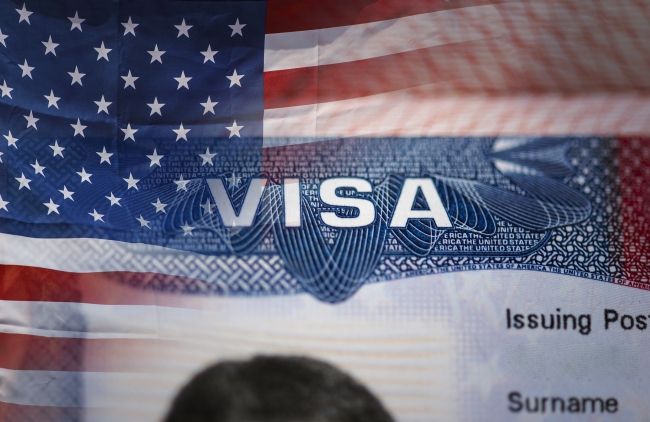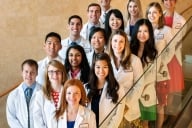You have /5 articles left.
Sign up for a free account or log in.

Istockphoto.com/AlxeyPnferov
Medical and veterinary colleges and their associated hospitals across the country are scrambling to get visa paperwork approved for incoming residents from outside the United States in time for a July 1 start date. Recent enforcement of a technicality by United States Citizenship and Immigration Services (USCIS) has resulted in rejected visa applications, leaving residents in limbo.
The issue boils down to the prevailing wage: a minimum compensation requirement on H-1B visa applications for international residents coming to work in the United States. Typically, the prevailing wage for any given occupation is set by the Department of Labor, based on compensation data gathered for specific fields and positions. But the Labor Department does not collect data for medical or veterinary residents, so prevailing wage numbers for such positions are the same as practicing physicians or veterinarians, and $30,000 more per person than colleges have budgeted for.
This issue has been circumvented in the past by using prevailing wage information from the Association of American Medical Colleges and the Association of American Veterinary Medical Colleges, which usually puts residents at around $30,000, compared to over $65,000 from the Department of Labor.
According to Jennifer Minear, an immigration lawyer who focuses on employment-based immigration in the health-care sector, this year USCIS is challenging whether the alternative wage data from the AAMC and AAVMC are appropriate.
“It’s part of what I think has been a systematic review by USCIS in an effort to be much more conservative in their judications and deny as many H-1B applications as possible,” Minear said.
She believes that the challenge by USCIS is a part of the Trump administration's effort to crack down on immigration and protect American jobs.
“It becomes really problematic for the programs,” she said. “It becomes really problematic for the physicians and the vets that can’t get into them, and also to the patients. These hospitals count on the residents to provide some of the care to patients.”
After learning of the problem in March, the AAMC began talks with USCIS and other stakeholders to sort out the issue in time for residents’ arrival. About 3,000 medical residents are heading to the United States on H-1B visas, and AAMC estimates about one-third of them have been affected by the prevailing-wage issue. An agreement was announced Wednesday that USCIS would once again accept wage data from the AAMC and process applications as usual, but USCIS did not issue a public announcement. Colleges with already rejected visa paperwork may have to refile.
As to whether residents will make it to the United States by July 1, Matthew Shick, director of government relations and regulatory affairs for AAMC, is unsure.
“It’s unclear at this point. I think that the disruption in the process could result in some delays, but hopefully not across the board … hopefully not too many,” he said.
Minear is also concerned about timing.
“There’s a lot more insecurity and unpredictability to the process than there used to be, which makes it harder,” she said. “If they can’t get there on time to begin there program, at a certain point, they can’t get in anymore because they’ve missed too much.”
The decision to accept AAMC wage data did not extend to the AAVMC. Kevin Cain, director of government affairs for the AAVMC, said that a meeting is planned for Tuesday to resolve the issue for veterinary residents as well.




